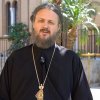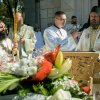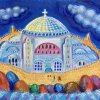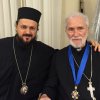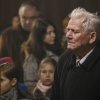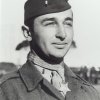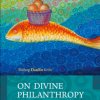Dostojevski svoj proročki idealizam pretvorio u pravoslavni realizam
Episkop losanđeleski i zapadnoamerički Maksim (Vasiljević), povodom dva veka od rođenja i 140 godina od upokojenja slavnog pisca
Veliki jubilej genijalnog pisca romana i kratkih priča Fjodora Mihailoviča Dostojevskog (Moskva, 11. novembar Petrograd, 9. februar 1881) svet je dočekao u stanju opšte pometnje.Pojedini, među koje i sam spadam, veruju da dinamična i otvorena antropologija ovog klasika može da pomogne zbog toga što krši odbrambeni oklop savremenog ega i vodi s one strane ideoloških strasti.
Kad je pre četrdeset godina obeležavana stogodišnjica od upokojenja Dostojevskog, u njegovu čast su se širom sveta, kao i u tadašnjoj Jugoslaviji, održavale konferencije, predavanja i napisani su mnogi članci i knjige. Nikola Milošević, jeromonah Atanasije Jevtić i mnogi drugi vodili su vatrene debate oko karaktera i ideja velikog pisca. Nekad je Dostojevski bio inspiracija i u Holivudu. Šta se desilo sa 2021. godinom? Utisak je da epoha transhumane tehnologije nije dovoljno budna za rasprave o antinomičnosti života koje pred nas iznose romani Dostojevskog. Nije ni čudo. Živimo na ostacima jedne kulturne paradigme u agoniji. Kao da Dostojevski ne spada u lektiru digitalnog doba. No, da li je baš tako?

